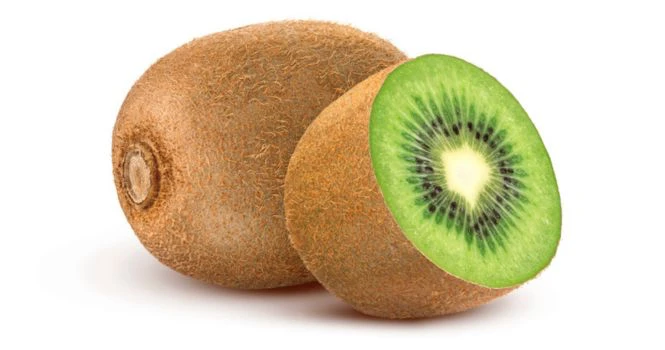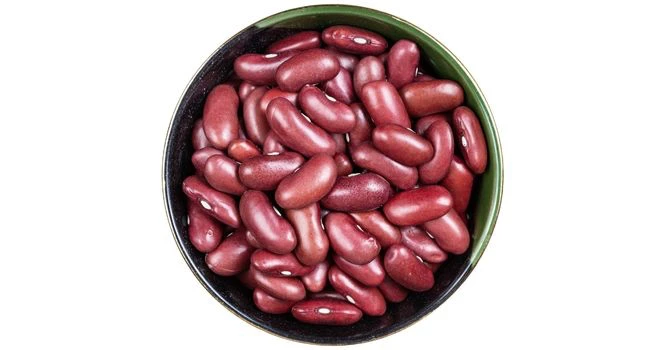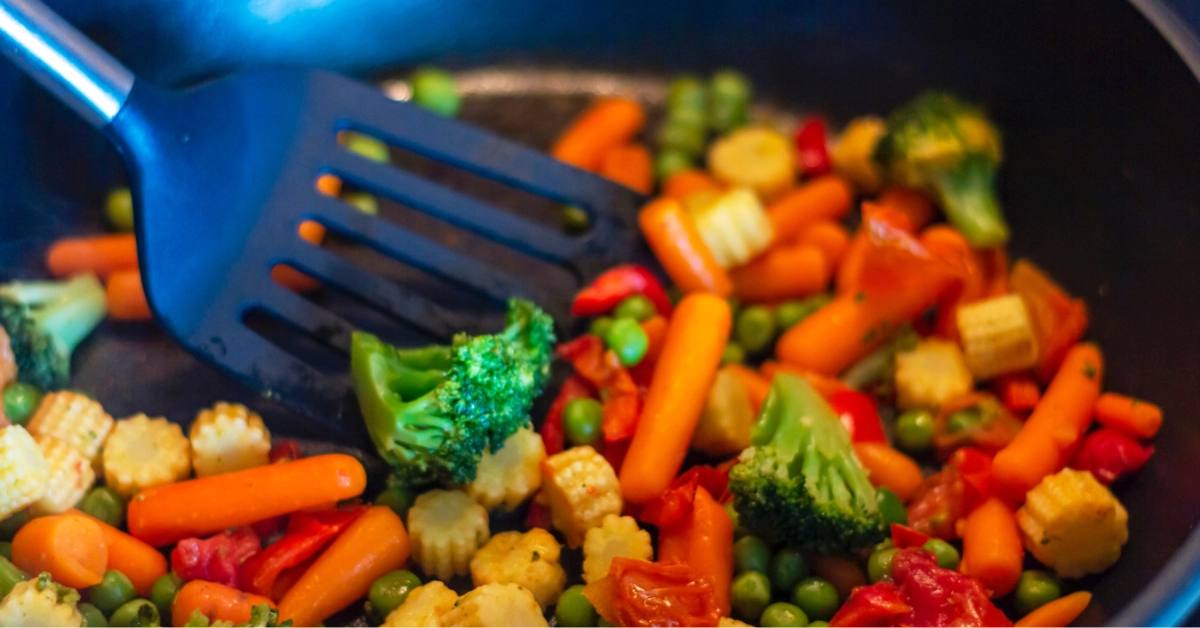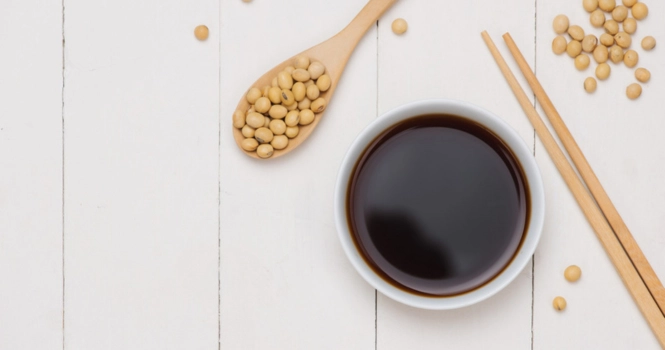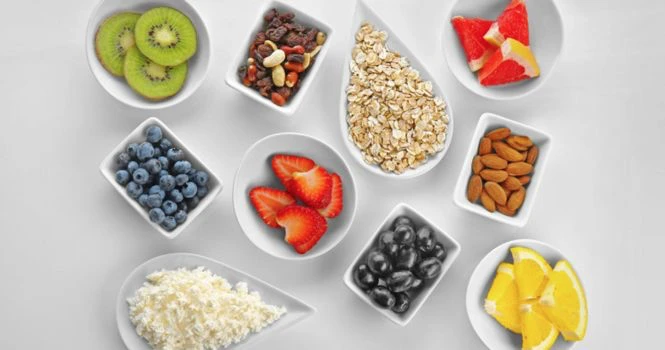India’s rich culinary heritage is braced by an array of traditional fermented foods, each a mirror to the country’s diverse culture and regional practices.
Fermented foods, revered for their probiotic qualities, play a pivotal role in promoting gut health, enhancing digestion, and boosting the immune system.
These foods undergo a process of lacto-fermentation, where natural bacteria feed on sugar and starch in the food, creating lactic acid. This not only preserves the food but also fosters the growth of beneficial bacteria, known as probiotics.
Let’s look into the fascinating world of Indian fermented foods and their myriad benefits for gut health.
1. Yogurt (Dahi)
Yogurt, or Dahi as it’s commonly known in India, is perhaps the most ubiquitous fermented food in Indian households. Made by fermenting milk with a yogurt culture, it contains strains of Lactobacillus and Bifidobacterium, which are beneficial for the digestive tract and gut health. Dahi is often consumed plain, as a side dish, or used as a base for smoothies and marinades.
2. Idli and Dosa
These staple breakfast items from South India are made from a fermented batter of rice and black lentils (urad dal). The fermentation process enhances the bioavailability of nutrients and increases the batter’s vitamin B content. Idli and Dosa are not only light on the stomach but also provide a good dose of probiotics.
3. Dhokla
Originating from Gujarat, Dhokla is a steamed cake made from fermented rice and chickpea flour (besan). The fermentation process enhances its nutritional profile, making it rich in protein and fiber. Dhokla serves as a wholesome snack that promotes gut health.
4. Kanji
A traditional North Indian fermented drink, Kanji is made from black carrots, mustard seeds, and water. It’s left to ferment for several days, developing a tangy flavor and a deep purple hue. Rich in probiotics, Kanji is known for its detoxifying properties and its ability to improve digestion.
5. Kombucha
Though not originally from India, Kombucha has gained popularity as a probiotic-rich fermented tea. It’s made by fermenting sweetened black or green tea with a symbiotic culture of bacteria and yeast (SCOBY). Kombucha is lauded for its gut health benefits, including improved digestion and immune support.
6. Lassi
Lassi is a traditional yogurt-based drink, often enjoyed in Northern India, particularly Punjab. It can be sweet or savory and is sometimes flavored with fruits or spices like cumin. The probiotics from the yogurt help in maintaining a healthy gut flora.
Benefits of Indian Fermented Foods for Gut Health
- Enhanced Digestive Health: Fermented foods contain probiotics that help balance the gut microbiota, aiding in digestion and the absorption of nutrients.
- Boosted Immune System: A significant portion of the immune system is located in the gut. Probiotics from fermented foods can strengthen the gut barrier, protecting against pathogens.
- Nutrient Absorption: Fermentation can increase the availability of vitamins and minerals in foods, making them more accessible to the body.
- Reduced Inflammation: Regular consumption of fermented foods can help reduce systemic inflammation, which is linked to several chronic diseases.
Incorporating Fermented Foods into Your Diet
Integrating fermented foods into your diet is simple and beneficial. Start with small servings to allow your gut to adjust to the increased probiotic intake.
Include a variety of fermented foods to ensure a broad spectrum of beneficial bacteria. From adding a dollop of dahi to your meal, enjoying a glass of lassi, or savoring idli and dosa for breakfast, the options are diverse and delicious.

